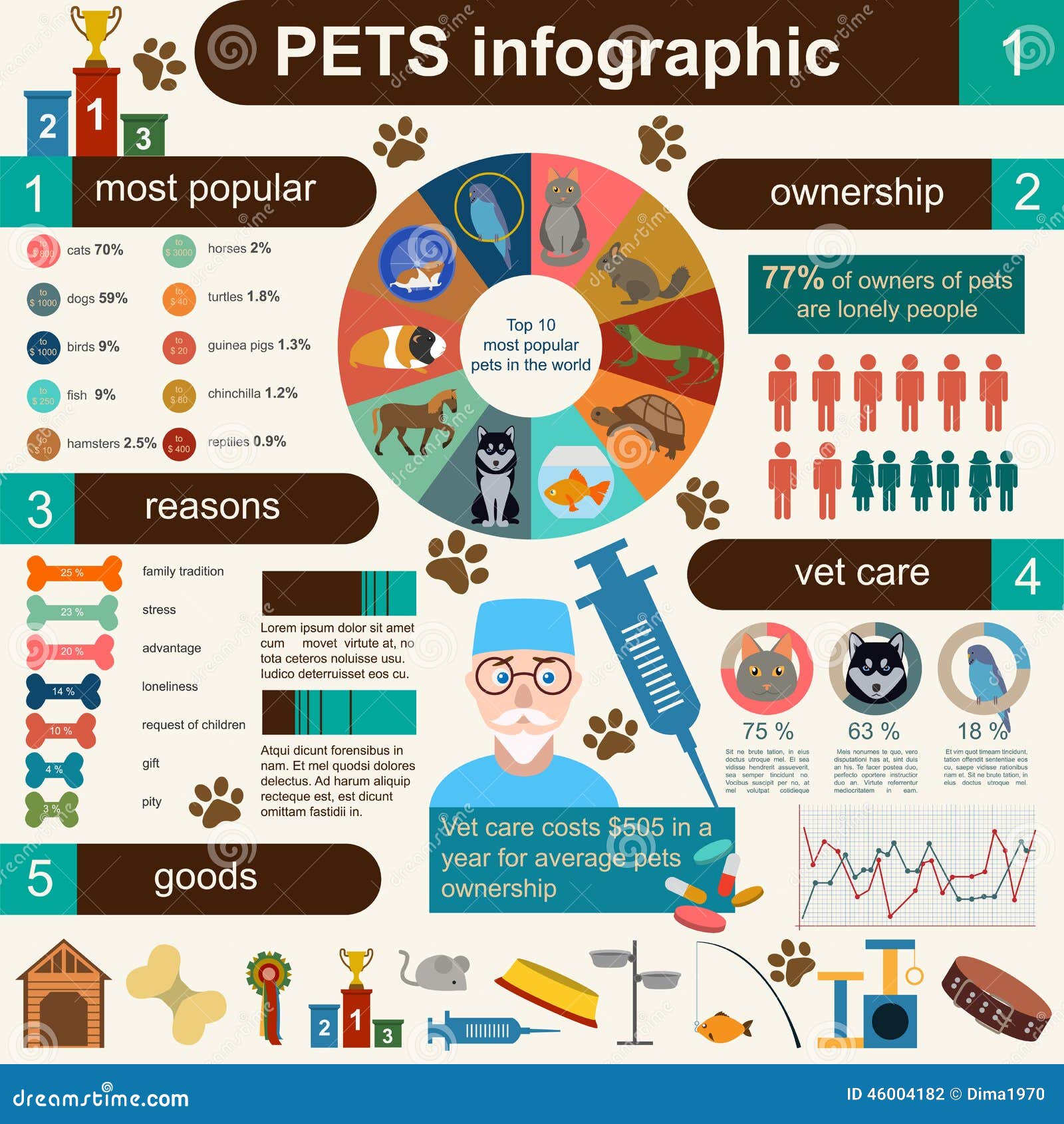Dog Daycare And Energy Outlet
Dog Daycare And Energy Outlet
Blog Article
Can Pet Dog Childcare Cause Illness?
Possibilities are that if your canine is regularly subjected to other pets, even if they're appropriately vaccinated, they might get home with some kind of ailment. Inoculations, regular vet appointments, and good health methods can minimize danger factors for infection and condition.
Worried or nervous canines can establish intestinal issues and various other wellness concerns that are conveniently spread out in between pets. Developing age constraints and behavior regulations can aid make certain that just healthy and balanced pets enter your center.
Distemper
Canine distemper is a significant and usually deadly infection that strikes a pet dog's respiratory system, digestive system, skin and immune systems. Puppies are especially susceptible and can get the condition via straight contact with a contaminated pet or with the airborne transmission of virus particles given off during coughing, sneezing or breathing.
The incubation period for canine distemper is in between 3 and 7 days. While pups at daycare might seem to catch parvo from another infected pet, it's not likely considering that the incubation period is so short.
While there is no cure for canine distemper, encouraging treatment can assist pet dogs recuperate. This includes fluids, anti-biotics and drugs to manage seizures. The Drake Center for Veterinary Care notes that signs and symptoms consist of drippy eyes and nose, diarrhea, vomiting, anorexia nervosa and neurological issues such as twitching and tremblings. Puppies require a complete inoculation series and annual boosters to shield them versus this disease, which is why trusted doggie childcare facilities need up-to-date inoculations.
Kennel Coughing
Kennel Cough (Canine Transmittable Tracheobronchitis) is a very infectious upper respiratory system problem triggered by bacteria and infections. It spreads out with airborne beads from a cough or sneeze, direct call, and sharing of polluted objects such as playthings or water bowls. It is native in places where many pet dogs are housed close together, such as kennels, canine parks, grooming hair salons and programs. Several vaccinations are readily available to safeguard against the virus that trigger kennel cough, and correct hygiene techniques can assist avoid infection.
The classic signs and symptom is a dry, hacking coughing comparable to that of a goose honk, and most pets recuperate with little intervention. Nonetheless, severe instances can cause pneumonia, and puppies or pets with pre-existing disease go to greater risk for difficulties. To accelerate recuperation, utilize a harness instead of a collar while your pet dog is recuperating to stay clear of inflammation to the windpipe. A humidifier may likewise help to dampen the air and prevent completely dry coughing.
Parvovirus
Parvovirus (CPV) is a major condition in pet dogs. It is similar to feline panleukopenia (feline distemper), dogs boarding near me however it's much more dangerous and can spread promptly among pets because of its exceptionally durable nature.
This virus assaults the intestinal cellular lining of a pet, ruining it and creating germs to dismiss into the blood stream. The weakened body immune system and overwhelming microorganisms result in septic shock, which is generally fatal.
The good news is, veterinary health centers provide reliable treatment for parvovirus. These medicines are given directly right into a client's blood stream and targeted towards the certain strain of parvovirus. This treatment approach is highly efficient and helps retrain the body immune system to fight off the infection. Pet dogs with severe signs are usually hospitalized for a number of days for surveillance and intensive care to guarantee their survival. Puppies, unvaccinated pet dogs and pets with weak immune systems are specifically susceptible to parvovirus. This is particularly real for puppies born to roaming mothers and shelter settings, where they are exposed to lots of various other sick and prone pets.
Canine Influenza
Pooch influenza (CIV) is an infectious respiratory system disease that can be triggered by pet dogs sharing contaminated surfaces or direct contact with respiratory system secretions. CIV spreads easily in atmospheres where there are high varieties of pets, such as dog parks, day cares, brushing centers and veterinary centers.
Contaminated dogs shed the virus via aerosol respiratory system beads when coughing or sneezing, and may pollute items they enter into contact with like cages, toys, food bowls, leashes and the hands and garments of individuals that handle them. Canines can likewise be "quiet service providers" spreading the virus without showing any type of signs and symptoms themselves.
Symptoms of canine influenza include sinus and eye discharge, coughing, high temperature, anorexia nervosa, and weak point. The infection can progress to pneumonia, which can be fatal in some pet dogs. PCR viral screening is readily available for confirmation of infection. Ideally, samples (typically deep nasal or pharyngeal swabs) for PCR screening must be accumulated within 4 days of the onset of clinical indications.